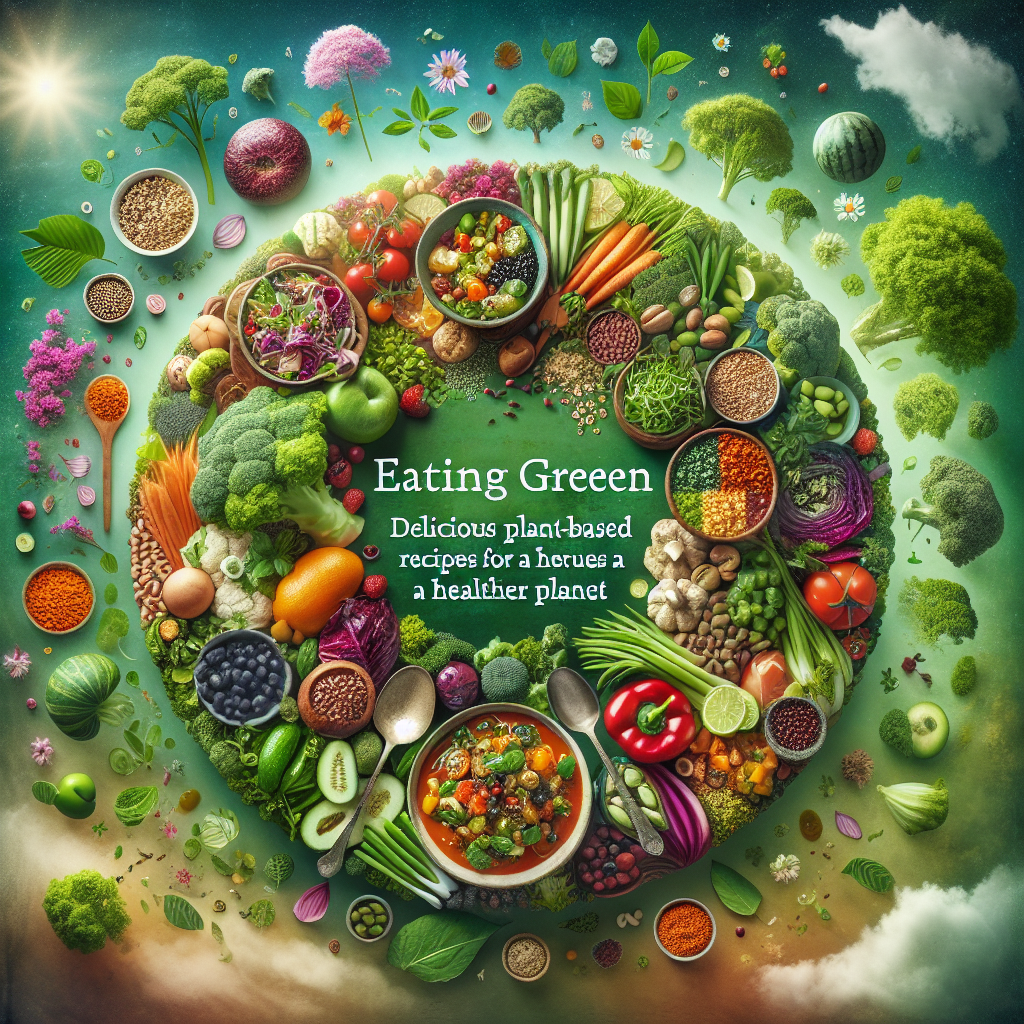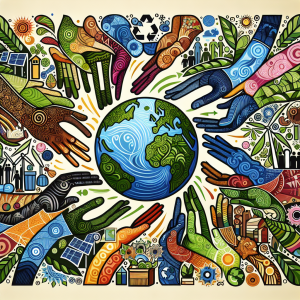Protecting the Planet: Eco-Friendly Products for Everyday Use
Switching to eco-friendly products for everyday use is a crucial step toward protecting our planet. As environmental awareness grows, so does the availability of sustainable alternatives that can replace conventional products which often harm the environment. These eco-conscious choices not only help in reducing our carbon footprint but also encourage a lifestyle that supports the Earth’s delicate ecosystems. Here, we explore a range of eco-friendly products that you can incorporate into your daily routine to make a positive impact on the environment.
One of the easiest swaps you can make is replacing single-use plastic bags with reusable alternatives. Cloth bags made from materials such as organic cotton, jute, or recycled plastics are durable, washable, and can be used repeatedly, drastically cutting down on plastic waste. According to the Earth Policy Institute, a trillion single-use plastic bags are used worldwide each year, and using reusable bags can significantly reduce this staggering number.
Personal hygiene products are another significant area where eco-friendly choices can be made. Many conventional items such as toothbrushes, cotton swabs, and razors are made from plastic and are used only once before being discarded. Bamboo toothbrushes are an excellent alternative; they are biodegradable and just as effective. Similarly, bamboo or reusable metal razors eliminate the need for plastic entirely. For cotton swabs, opt for those with paper or bamboo sticks instead of plastic.
Cleaning products often contain harmful chemicals that can damage aquatic ecosystems once washed down the drain. Switching to green cleaning products made from natural ingredients like vinegar, baking soda, and essential oils can not only protect the environment but also improve indoor air quality. Brands like Seventh Generation and Method offer effective cleaning solutions that are biodegradable and non-toxic, providing a safer alternative to traditional chemical-laden cleaners.
The beauty industry is another sector where sustainable alternatives are making a significant impact. Many conventional beauty products are packaged in plastic and contain synthetic chemicals, microbeads, and palm oil, which can be harmful to the environment. Eco-friendly beauty brands like Lush and Ethique are leading the way in offering zero-waste options with solid shampoo bars, refillable makeup, and natural ingredients. These products not only minimize plastic waste but often contain sustainably-sourced and cruelty-free ingredients.
In the realm of fashion, eco-friendly choices can have a profound impact. The fast fashion industry is notorious for its resource-intensive production processes and waste. Opting for clothing made from organic cotton, hemp, or recycled materials can reduce environmental harm. Brands such as Patagonia and Everlane have committed to sustainable fashion practices, offering eco-friendly apparel that respects both people and the planet. Additionally, purchasing second-hand clothing is an excellent way to extend the life cycle of garments and reduce waste.
Home goods and furniture are other areas where sustainable options can be implemented. Conventional furniture often involves deforestation and the use of toxic chemical finishes. Eco-friendly furniture is crafted from reclaimed wood, bamboo, or recycled metal, and finished with non-toxic stains or paints. Brands like West Elm and IKEA have introduced sustainable lines that focus on environmentally responsible materials and production methods.
Food and kitchen products present countless opportunities for incorporating sustainability. Single-use plastics are prevalent in many kitchens, but alternatives like glass storage containers, beeswax wraps, and stainless-steel straws can replace plastic counterparts. These durable materials not only reduce waste but also often improve the quality and longevity of kitchen products. Additionally, consider supporting local and organic food producers to minimize the carbon footprint associated with transporting food over long distances.
In the technology sector, e-waste is a burgeoning threat to the environment, with billions of devices discarded annually. Opt for electronics companies that offer take-back or recycling programs, such as Apple and Dell. Furthermore, energy-efficient appliances and gadgets distinguished by the Energy Star label consume less power, saving both energy and money over time.
For parents, eco-friendly baby products are becoming increasingly available. Cloth diapers are a simple switch, significantly reducing the massive number of disposable diapers that end up in landfills annually. Organic baby clothing and toys made without harmful chemicals or dyes are safer for children and gentler on the planet, providing a sustainable start for the next generation.
When it comes to transportation, consider reducing your reliance on cars by using bicycles, public transportation, or car-sharing programs whenever possible. Electric vehicles are another alternative that, despite their disposal challenges, still offer a way to reduce fossil fuel dependence and emissions.
Gardening can also be a sustainable practice with the right tools and methods. Composting kitchen waste reduces landfill contributions and provides nutrient-rich soil for gardening. Opting for manual tools over gas-powered counterparts and collecting rainwater for irrigation are additional ways to garden sustainably.
Finally, opting for renewable energy sources is crucial for a sustainable future. While switching to solar or wind power may not be an immediate possibility for everyone, supporting businesses that utilize renewable energy or investing in community solar projects can help drive the transition from fossil fuels to renewable sources.
By making conscious decisions to use eco-friendly products in various aspects of daily life, individuals can contribute to the larger movement towards a sustainable future. These choices, aggregated at the community level, can lead to significant environmental benefits, helping to preserve the planet for future generations while fostering a culture of sustainability and responsibility. Embracing these changes not only benefits the environment but can also lead to healthier living and more meaningful engagement with the world around us.



